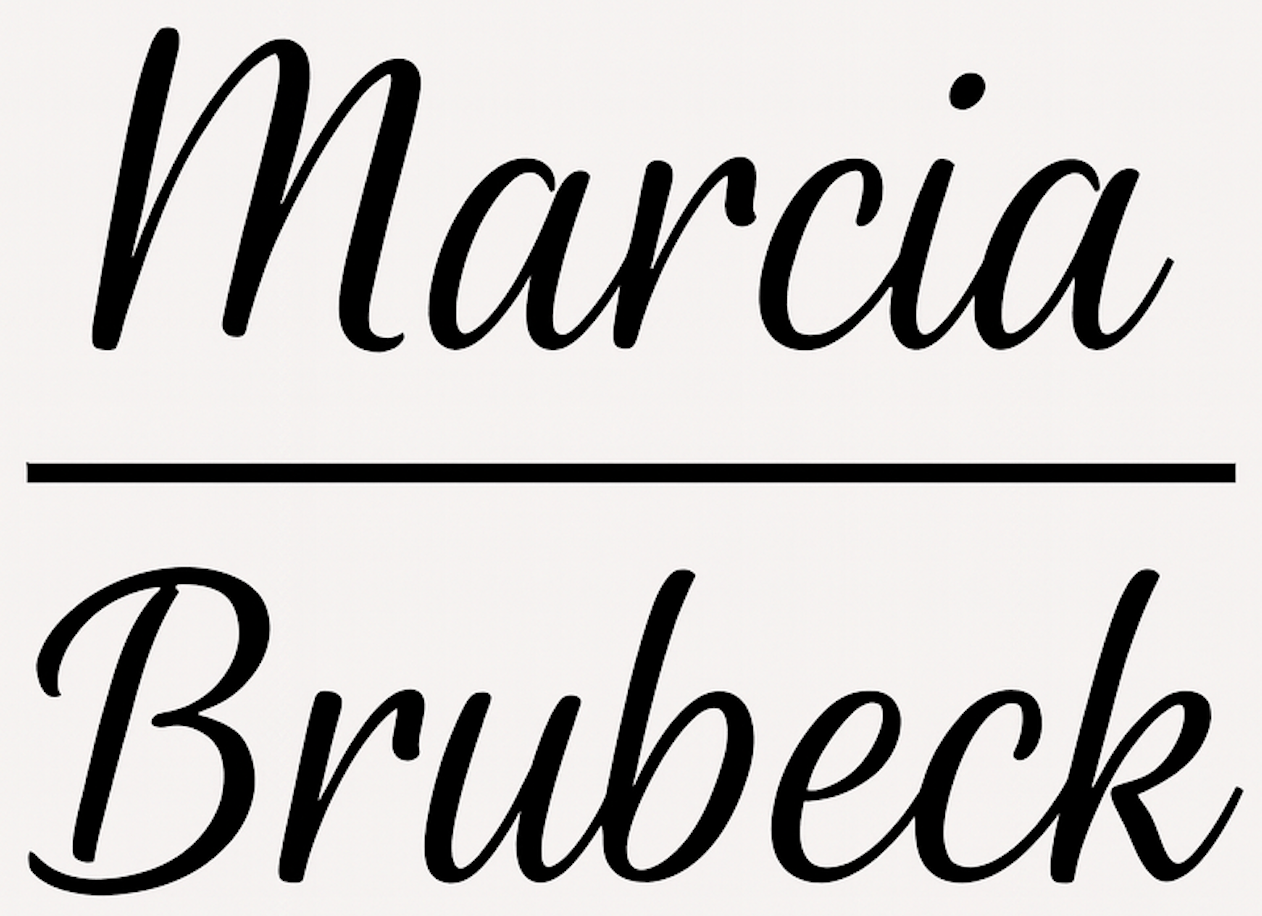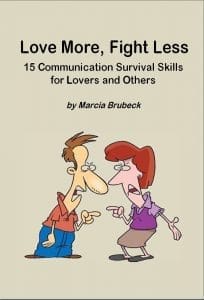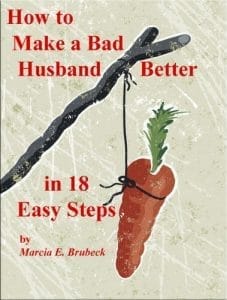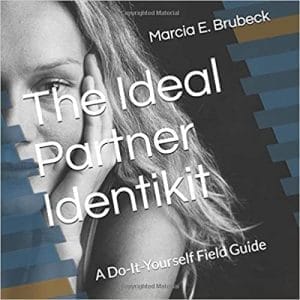
Please Just Stop
Because of the authority that we as a society vest in doctors, medicine is a useful place to start thinking about the many ways in which we all try to make decisions for other people. The problem has to do with differences in point of view.
In medicine, traditionally, the doctor is considered the expert whose advice is beyond question except perhaps by professional peers. But this approach assumes that doctor and patient see not just the cure but also the problem in the same way. Suppose it isn’t so.
As the patient and a mature adult, I need full information to decide what I want. Doctors, of course, may not see things as I do. They are using their impressive training to recommend measures they see as appropriate.
Doctors may also worry that my relative lack of knowledge of their specialty prevents me from exercising good judgment. It is relatively easy to overlook the possibility that we have different priorities. My doctor must care about my feelings as well as about medical protocols.
Will I give informed consent once I know realistically what to expect? If you, the doctor, don’t tell me and proceed with treatment, are you helping me? Where do we draw the line between help and harm?
If we take cancer as an example, there are diagnostic issues such as false positives. By providing treatment we may be not just skewing statistics but also causing unnecessary suffering. Once cancer has been unambiguously diagnosed, we might all want to get rid of it. Still, my decision as the patient may reflect my belief that life will continue as before once treatment has ended.
But suppose it does not. Perhaps I will suffer a loss of short-term memory. I may remain in pain. I may find it difficult to wrap my brain around some kinds of problems. Perhaps my body fails to function as it did before the radiation, surgery, or chemotherapy.
In such cases, the medical intervention may actually cause some harms. Whether the issue is cancer or something else, I may have consented to treatment without awareness of its likely effect on my short- and long-term quality of life.
Of course, I may not be able to decide even if the information is provided to me. Already anesthetized for surgery, I may not be in a position to choose among the options. Or I may be unconscious or for some other reason unable to think and respond. The patient in question may be not me but someone dear to me. What then?
One possibility is to ask what is in the patient’s best interest. You have probably heard this phrase “best interest” used in connection with children when adults must decide their fate. Another person is considered to have superior judgment when the individual in question is considered incompetent because of age or for some other reason.
This best-interest standard may appear to work well when the patient is an infant and the proposed intervention—heart surgery or an organ transplant—makes it possible for life to go on.
But even when kids are involved, the judgment can be dicey. Is removal from a drug-abusing mother and placement with a foster family in the child’s best interest even when statistics demonstrate a higher likelihood of subsequent physical abuse?
Or suppose the infant’s genitals are ambiguous . Is it in the child’s best interest for the surgeon and the parents to opt for one gender at birth and use the knife accordingly? Or would it be better to allow the child to mature at least enough to exhibit a preference?
Whose judgment is best? Which of us is entitled to make life-altering decisions for someone else and under what circumstances? What assumptions can or should any of us make in this regard?
Still another possibility when it comes to critical decisions would be to put yourself in the other person’s shoes. Your mother was in a car accident and is comatose. Her instructions, conveyed to you when she was in good health, include a do-not-resuscitate order. How do you interpret her wishes in the moment?
In each of these cases, how can you or I know—as the caregiver or the doctor—that our motives are pure when we make the decision? I may want to keep my mother alive at any cost, and this natural desire may lead me to refrain from executing her wishes as I understand them. The doctor would presumably rather give life than take it away.
And—leaving medicine behind for the moment—what about talk therapy? You want to keep your boyfriend at all costs, and I, your therapist, think he’s emotionally unavailable and bad news. As we talk, how do our viewpoints play out? Surely it is essential to stay mindful of the differences.
Where the child entering foster care is concerned, any decision I make may be influenced by a drug-abusing parent in my own childhood. It is difficult at best to identify and set aside one’s own preferences. It may not even be possible to do so. I may want to apply a best-interests standard when a substituted-judgment standard would feel distasteful.
The hardest circumstance is probably the case where the other person wants something that seems appalling to some observers. Think of the constraints we impose on assisted suicide. You have to be terminally ill, with death in sight. We are so reluctant as a society to let people determine for themselves how they wish to end their lives!
And let us not forget the ways in which some groups try to tell others how to live. Is it okay to love and marry someone of the same gender? Having done so, can you have or adopt children? Is it okay to augment or reduce your breasts but not to remove them for cosmetic reasons, take hormones, and reshape your genitals? What are the real issues here? Suppose the life in question was your own and not someone else’s? Now whose judgment is best?
Maybe I would like to live as a man not forever but for a while. Maybe I would like to have large breasts and a hairy chest. Maybe I want the freedom to go to bed with either a man or a woman without having my neighbors disparage me. Maybe the decision is between me and me—nobody’s business but my own, since it harms no one.
We enter the world alone, and we are alone when we leave. In between these two events we seek love, support, and affirmation. We want to feel that our preferences, our choices, and our deeds place us securely in the mainstream of our tribe. People who opt for something radically different create doubts. In the process they trigger our collective anxiety—especially if part of us secretly longs for another way of being.
How can we best protect everyone’s autonomy? The differences between individuals are precious and enrich life for all of us. It’s imperative to safeguard the freedoms everyone needs. To show respect, we must seek the remedy for our anxiety within ourselves rather than imposing our personal standards on other people who are harmlessly pursuing their own happiness.





